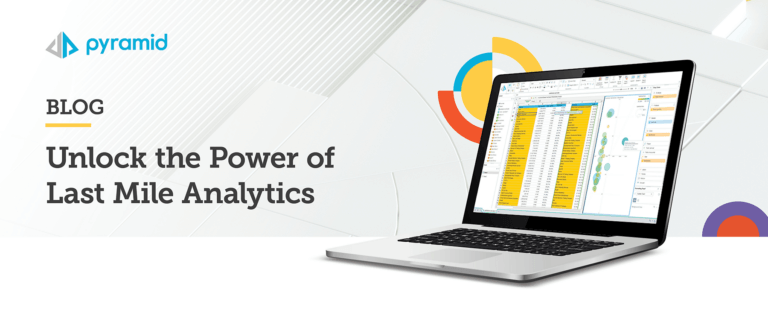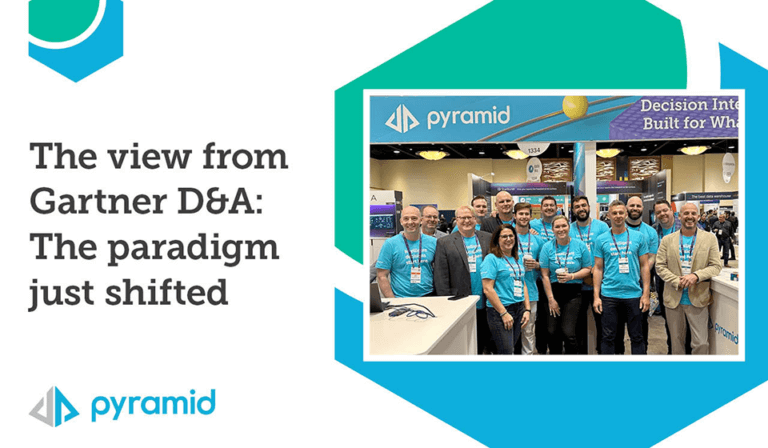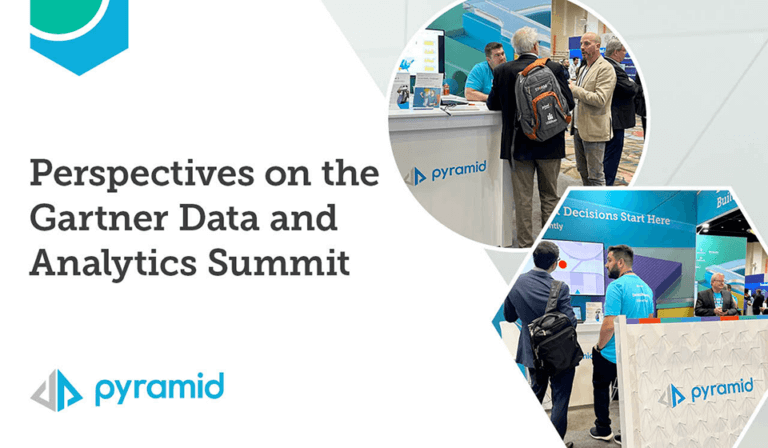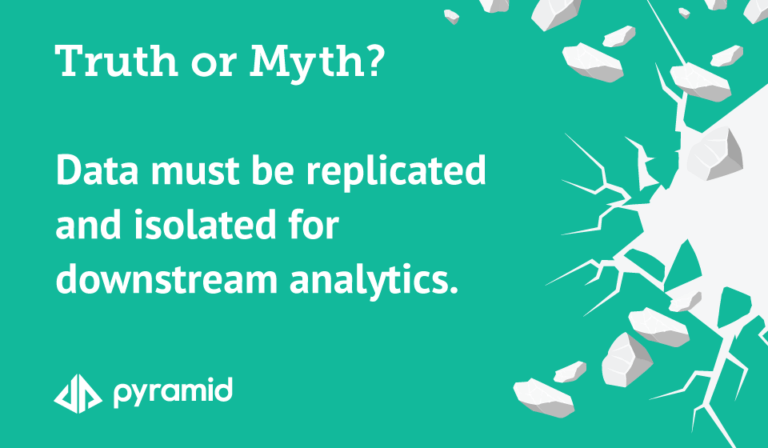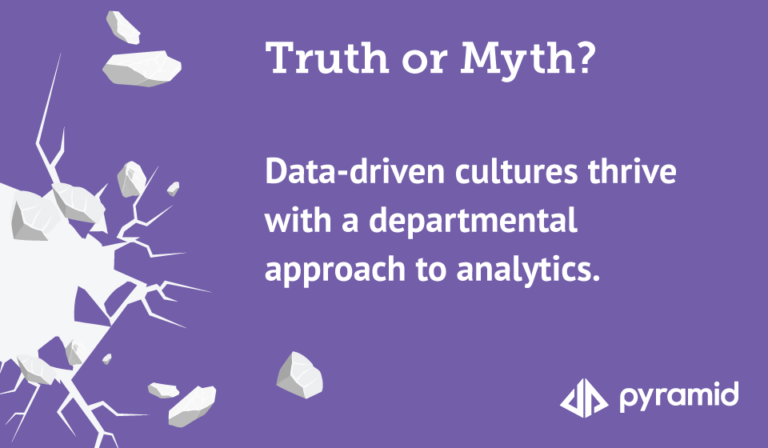In Gartner’s 2014 Magic Quadrant (MQ) report, there was a strong allusion to the latest emerging concept in business analytics: Governed Data Discovery. The exact meaning of this term has yet to be fully realized, so I will attempt to give it some definition both conceptually and practically in this blog.
To the point, it alludes to the delivery of end-user-driven, data discovery and analytics on the one hand that is centrally managed and “governed” on the other.
One might wonder why this is such an unusual and new direction for business analytics. The answer is that the key tenants are somewhat paradoxical:
- End-users want and need to be given the freedom to use and discover information in their data without the shackles of centralized control, management and security.
- BI management (or IT) wants to centralize and manage the use and deployment of data (and its derivatives) to ensure data integrity, content/data security, and deliver performance.
Governed Data Discovery (GDD) is therefore the delivery of both objectives in the same platform. It’s one of the key strengths and central tenants of Pyramid Analytics’ BI Office platform – and why it claims to be one of the leaders in the field of delivering GDD.
The Governed Data Discovery Impact
Another way of looking at Governed Data Discovery is to consider the impact of having hundreds or thousands of individuals all running their own BI toolset locally on their desktops. Yes, they have the freedom to discover information in their data – ‘data democracy.’ But without some semblance of control, management and uniformity you end up with ‘data anarchy’ – which becomes exponentially worse once the number of users increases. This is best described in Timo Elliot’s blog on the subject.
In contrast, organizations also want to escape the clutches of the ‘information dictatorship’, where end users are starved for data, analytics, and information by centralized control.
The solution, therefore, lies in a platform that skirts all the issues of any one position described above.
Governed Data Discovery Solutions
There are many products in the market today that stake a claim to governance. However, I believe few measure up once you move beyond the rhetoric and marketing noise.
This is where BI Office stands out. BI Office effectively keeps the innovation of data discovery in the hands of the business user while delivering an analytics and data discovery platform that IT professionals can centrally manage. There are numerous practical aspects of a truly governed data discovery platform that are key to its success. BI Office includes these aspects as fundamental in its design and I will cover them in part 2 of this blog.
We will be at the Gartner Symposium/ITxpo 2014 Event showing and speaking about BI and Data Governed Discovery – come see us!
Questions thus far? What do you think of the new term? Share your thoughts below… and subscribe to be the first to read part 2.






